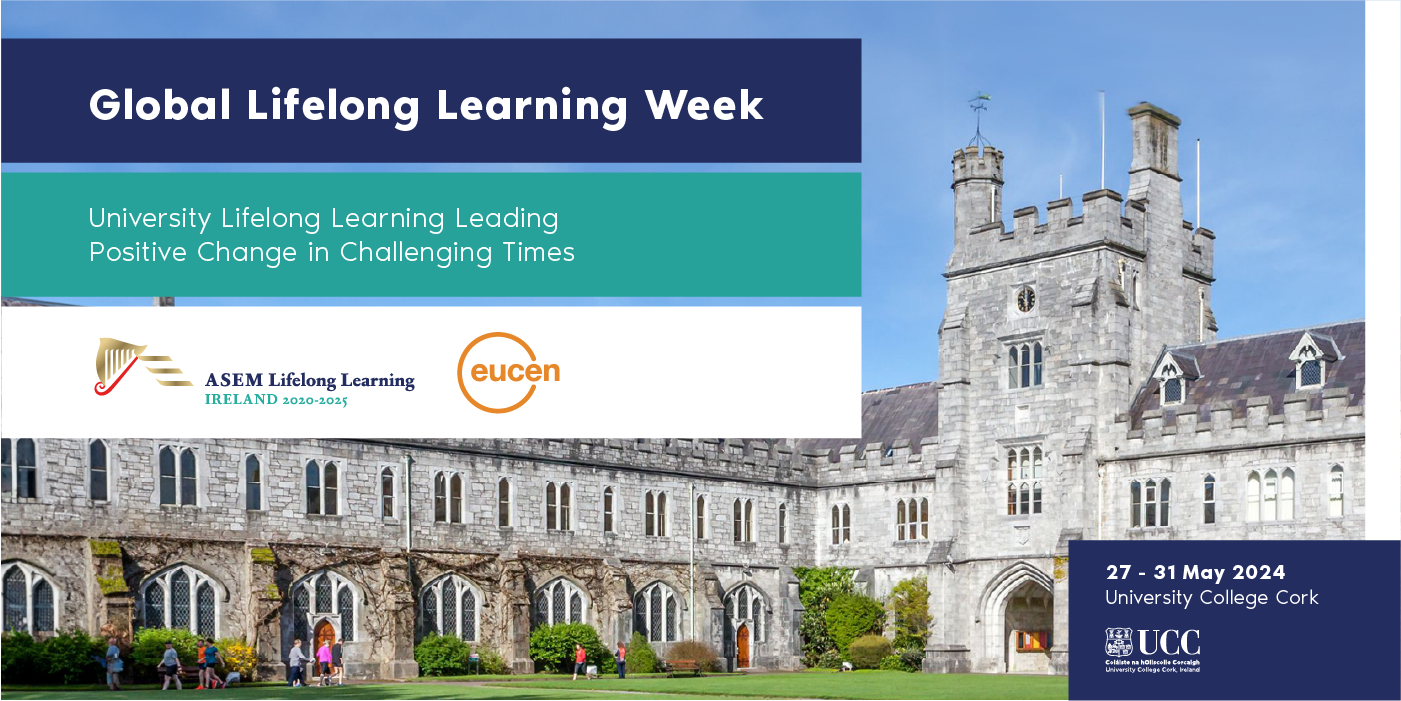0
Researchers
0
Locations
0+
Publications
0
Research Networks
0+
Universities

 Find out more
Find out more




Research Networks
There are 7 research networks in the ASEM Lifelong Learning Hub, each focused on a different theme surrounding lifelong learning.

Research Projects
Check out our most recent publications from our 7 research networks here. Our networks are regularly publishing new content.
Global Lifelong Learning Week
The ASEM and eucen conferences will take place at University College Cork from 27th-31st May 2024 as part of Global Lifelong Learning Week.






